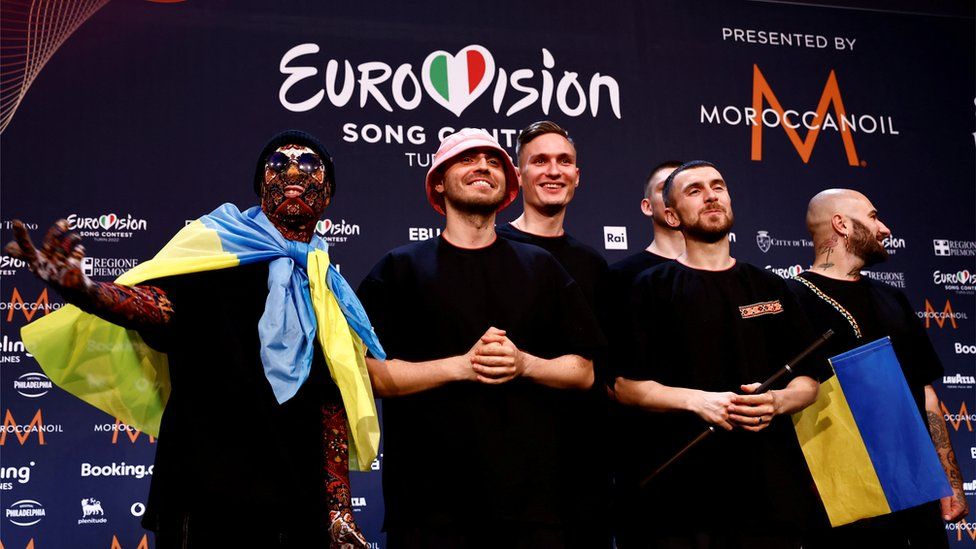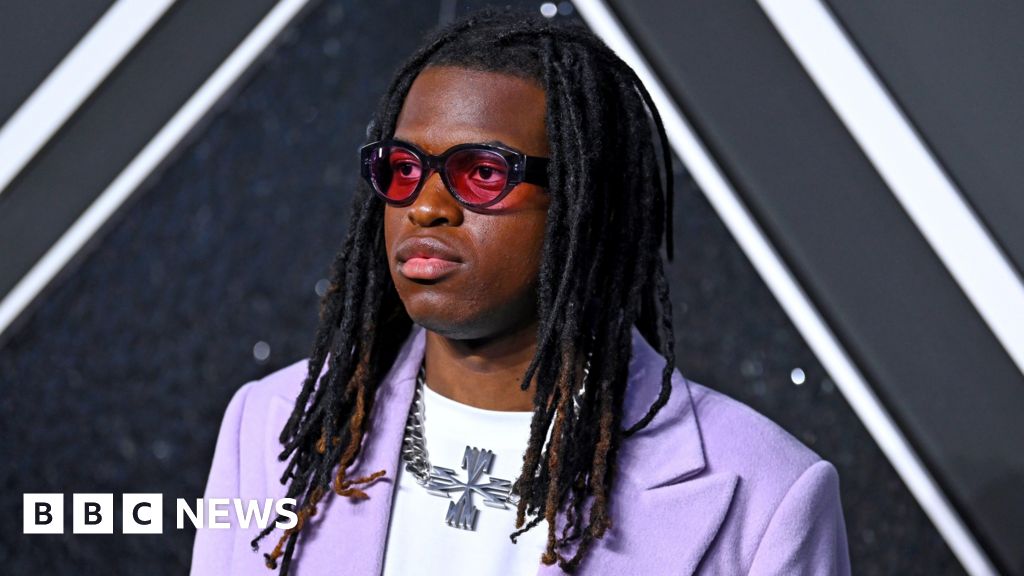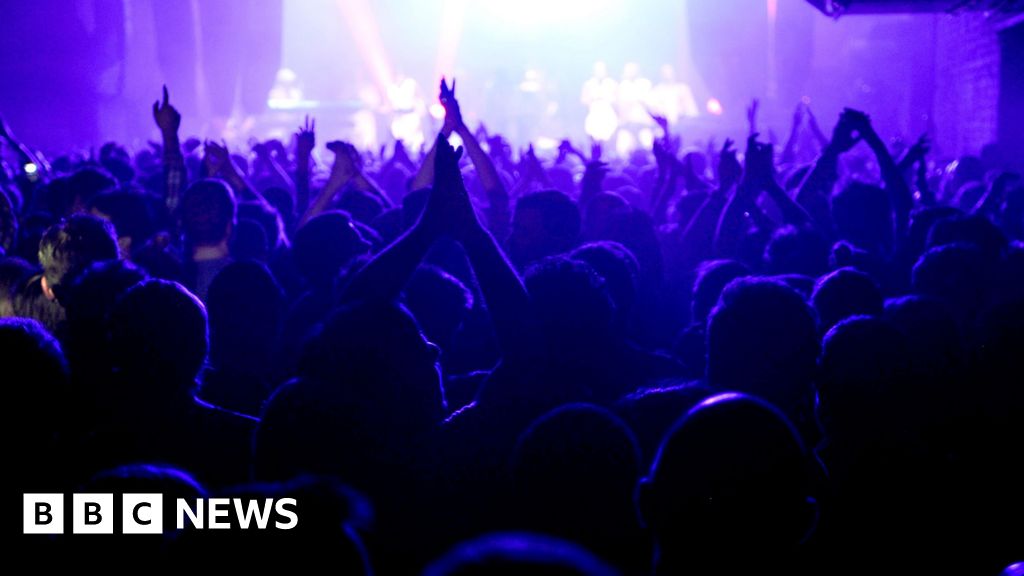ARTICLE AD BOX
 Image source, Reuters
Image source, Reuters
Ukraine's Kalush Orchestra won this year's Eurovision Song Contest
By Mark Savage
BBC Music Correspondent
The Eurovision Song Contest has announced major changes to the voting process at next year's contest.
Professional juries have been scrapped from the semi-finals, meaning that viewers alone will choose who qualifies for the grand final.
Countries who are not competing in the contest will also be allowed to cast votes for the first time.
The move comes after it was discovered that six juries traded votes at this year's contest in Turin, Italy.
Irregular voting patterns were detected from Azerbaijan, Georgia, Montenegro, Poland, Romania and San Marino, said the EBU, which organises the contest.
Those jury votes were discounted, and substituted with an aggregate score, calculated from the results of other countries with similar voting records.
In the end, the contest was won by Ukraine's Kalush Orchestra, with the UK's Sam Ryder taking second place.
Liverpool will host the event in 2023.
Professional juries, which comprise professional songwriters and music industry figures, have existed since at least the second Eurovision Song Contest in 1957 (the voting system for the first competition has never been revealed).
Under the current system, their scores are combined with the results of a public vote to determine the overall winner.
This practice will continue in the final, said the EBU in a press release.
Image source, Reuters
Image caption,Sam Ryder topped the jury vote this year, ultimately coming second to Ukraine's Kalush Orchestra
Allowing non-participating countries to vote will reflect "the global impact of the event," said Martin Österdahl, the contest's executive supervisor.
"Everyone watching the show, wherever they live in the world, can cast their votes for their favourite songs."
Online votes from the "rest of the world" will be added together and converted to points that will have the same weight as one participating country in both of the semi-finals and the grand final, the EBU said.
The public often have wildly varying tastes from the juries. This year, Ukraine overwhelmingly won the tele-vote at the final, scoring 439 points, but came fourth in the jury vote, with 192 points.
Sam Ryder, meanwhile, was the jury members' favourite act, scoring 283 points, but came fifth with viewers at home.
Thirty-seven countries will take place in next year's contest, with Montenegro and North Macedonia pulling out due to the cost of participating.
Russia was expelled from this year's event after its invasion of Ukraine. It is expected the country will also be excluded in 2023.
Follow us on Facebook or on Twitter @BBCNewsEnts. If you have a story suggestion email entertainment.news@bbc.co.uk.

 1 year ago
36
1 year ago
36








 English (US)
English (US)